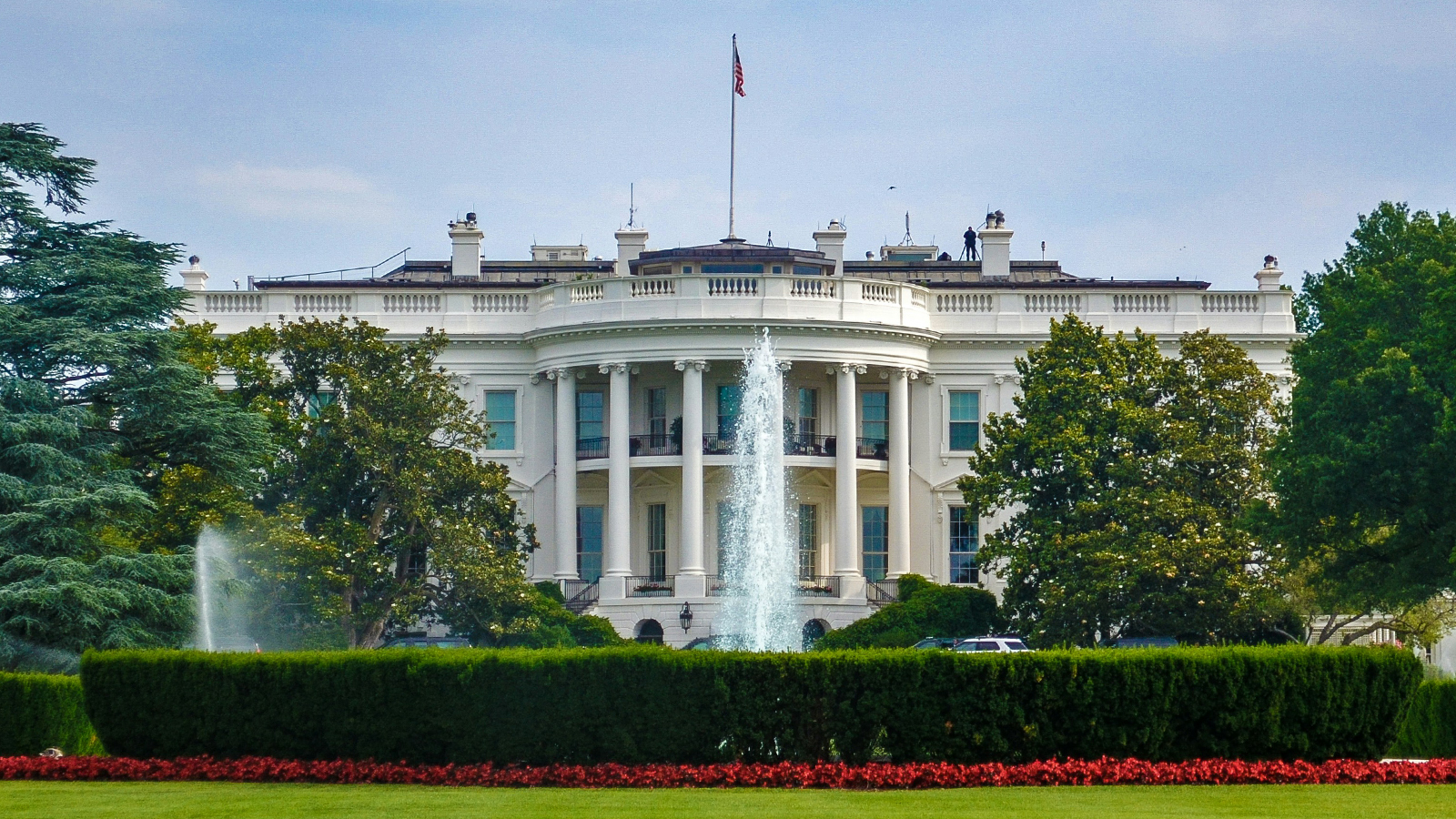TSMC calls on Washington to drop tariffs on semiconductors made outside the U.S.
TSMC, Dell, and HP all say it’s bad for business.

The U.S. Commerce Department has asked the public for comments on its plan to apply tariffs on semiconductors arriving on U.S. shores, and several tech companies responded with written protests. According to PC Mag, Taiwan Semiconductor Manufacturing Company (TSMC) has one of the more strongly worded responses, warning that applying import duties on chips will significantly reduce the demand for its customers' electronic products. This would lead to a massive decline in revenue, which would affect the timeline of its $165 billion investment in Arizona.
“Lower market demand for our leading U.S. customers’ products may consequently reduce demand for TSMC’s manufacturing capacity and service onshore,” the company said in its response. It also added, “Diminished demand could create uncertainty around the timeline for the construction and operation of our Arizona fabs. It could also undermine TSMC’s financial capacity to timely execute its ambitious Arizona project.”
TSMC is the largest pure-play chip fab in the world, and some of its clients include Apple, AMD, Nvidia, and Intel. It has started mass production of Apple’s chips in its Arizona fab, with the latter expecting to source over 19 billion chips locally. However, TSMC’s Arizona chip fab is already sold out through late 2027, and it acknowledged that its current capacity is still insufficient to meet global demand.
In its letter, TSMC concludes "Tariffs that raise the cost of endconsumer products will lower demand for such products and the semiconductor components they contain," and states "Therefore, we respectfully request that the Administration avoids imposing tariffs or other restrictive measures on semiconductors made outside of the United States."
Dell and HP also had the same sentiments as TSMC, with the former saying that U.S. chip manufacturing “lacks the requisite infrastructure to supply these products at scale to meet current and increasing demand.” The latter’s response is harsher, saying, “HPE has no alternative but to import semiconductors for its U.S. manufacturing operations. Imposing tariffs on those imported semiconductors would harm HPE’s ability to maintain and expand its domestic manufacturing activities and retard U.S. R&D and innovation, ultimately to the detriment of national security and economic growth.”
On the other hand, chip-making giant Intel, which has been in financial trouble since mid-2024, has a unique position on the issue. The first bullet point in its response says, “Protect American Manufactured Semiconductor Wafers and Derivative Products”, which points out that “U.S.-made wafers and their derivative products” must have strategic accommodations. Otherwise, “the essential contributions of American manufacturing will be overlooked, undermining the U.S.’s position as a global leader in semiconductor manufacturing and technology development.”
Aside from exempting chips that are based on U.S. technology and IP, the company also wants its supply chain, including foreign-made chip-making equipment, like that from ASML, to be exempt from additional taxes. “While Intel is committed to building semiconductors in the U.S., fully localizing every element of the supply chain is economically unfeasible without significant increases and production delays,” says Intel.
Get Tom's Hardware's best news and in-depth reviews, straight to your inbox.
This more nuanced approach will benefit key American chip makers, as they can keep on using foreign fabs to make their chips while they’re rebuilding their manufacturing capacity within America. It will also help them avoid paying extra for importing technologies they need to restart, develop, or expand local manufacturing within the U.S.
Follow Tom's Hardware on Google News to get our up-to-date news, analysis, and reviews in your feeds. Make sure to click the Follow button.

Jowi Morales is a tech enthusiast with years of experience working in the industry. He’s been writing with several tech publications since 2021, where he’s been interested in tech hardware and consumer electronics.